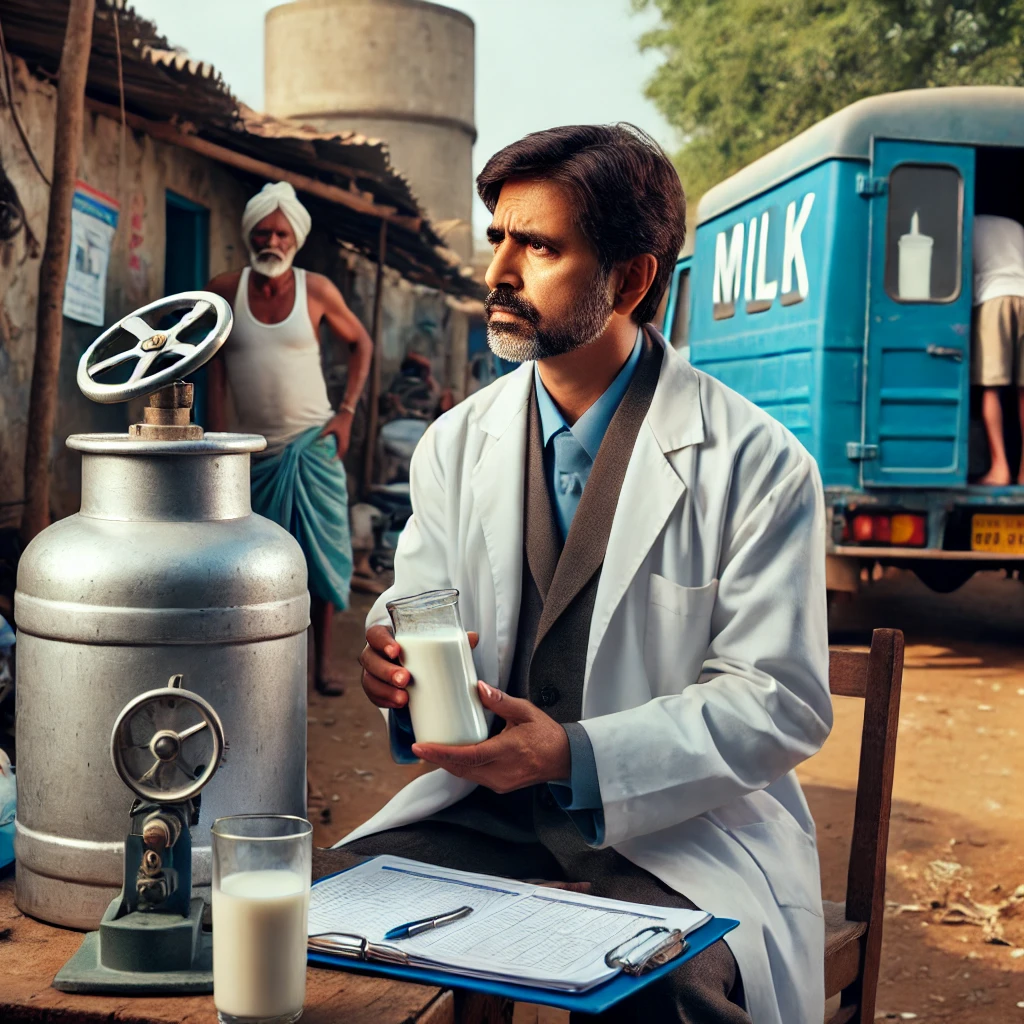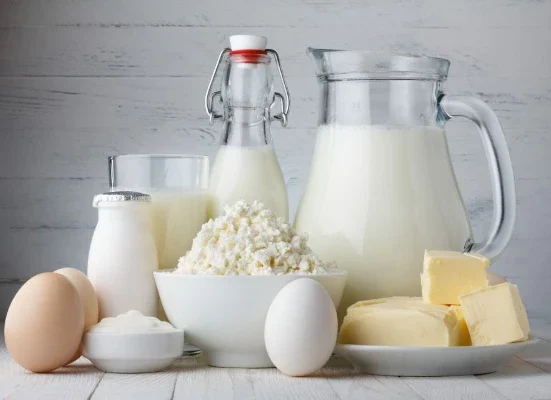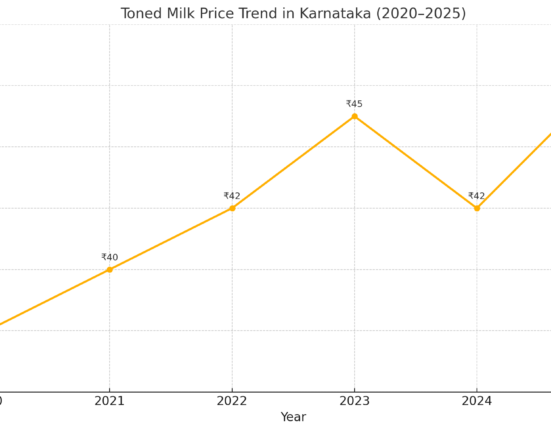Haveri Dairy Sector Faces Market Setbacks Amid Adulteration and Quality Concerns
Haveri, Karnataka: Despite producing over 1.3 lakh litres of milk daily, the Haveri Milk Union is grappling with serious quality control issues, mainly due to adulteration practices by some cooperative societies. Only 20,000 litres of its daily output is sold as packaged milk, with the rest facing limited marketability due to reputational damage and product rejections.
Haveri district, which has surpassed even the Dharwad Milk Union in milk production, is now at a crossroads. The district’s economy—deeply rooted in agriculture and dairy—is under pressure as allegations of adulteration with water, sugar, and even urea emerge from within its 445 milk cooperative societies.
A Reputation at Risk
According to internal reports, only 240 cooperatives operate their own milk testing centres, and just 32 societies are equipped with chilling units—each capable of storing 3,000 litres. However, several influential society secretaries have been accused of adulterating milk overnight before delivery to the union.
“This malpractice has directly affected the quality of our milk and our brand’s reputation,” confirmed Manjanagouda Patil, President of Haveri Milk Union. “We’re conducting rigorous tests and will take firm action against those involved in adulteration. Our goal is to regain trust through quality.”
Patil revealed that senior Karnataka Milk Federation (KMF) officials have advised improving milk quality before broader market access is granted. “They told us clearly—Haveri milk has a bad reputation. That has to change first,” he said.
Rejected Orders & Lost Opportunities
The crisis came to light after Goa authorities and Prayagraj’s Kumbh Mela officials rejected 12,000 litres of Haveri milk, citing poor quality. Even 4,000 litres already shipped to the Kumbh Mela were turned back, damaging Nandini’s brand perception. The UHT unit at Jangamanakoppa, which operates under a PPP model, also faced a 15-day production halt due to equipment failure, further disrupting supply chains. Once receiving 30,000 litres daily, the facility has been temporarily cut off.
These rejections not only reflect a loss of market trust but also result in significant financial losses. Of the 1.3 lakh litres collected daily, only a fraction is used in value-added products such as packaged milk, yoghurt, and UHT milk. Another 30,000 litres support Ksheera Bhagya, butter, and milk powder production—yet the bulk remains underutilised.
Administrative Gaps & Hope for Market Revival
Though Haveri was separated from Dharwad Milk Union to enable independent growth, administrative delays have hampered efforts to enter Hubballi’s milk market—where demand exceeds supply. The current board has formally approached KMF, seeking assistance securing sales channels in Hubballi and other nearby regions.
Patil remains hopeful: “We are committed to restoring quality and accessing wider markets. Our farmers deserve better returns and our consumers deserve safer milk.”







